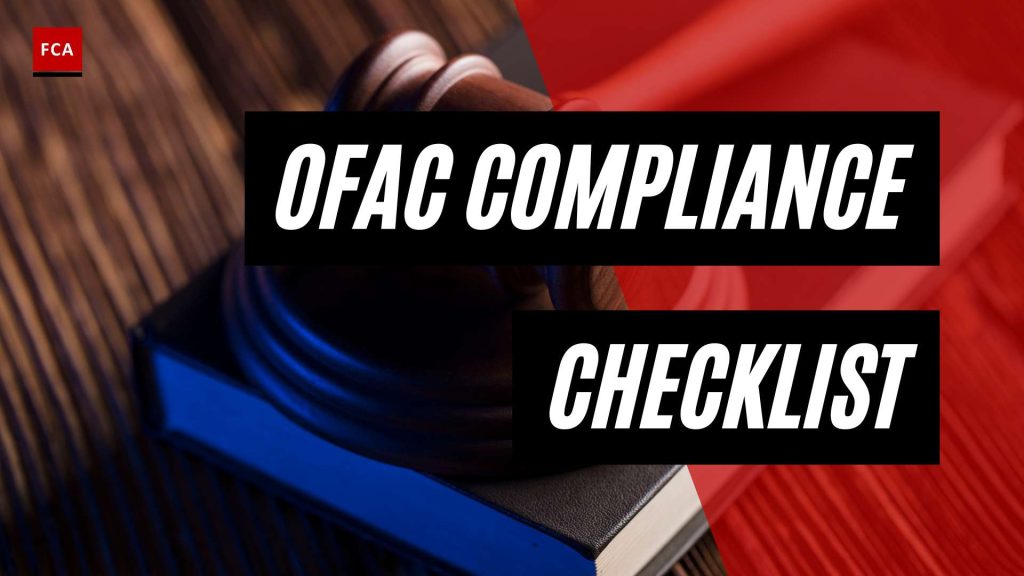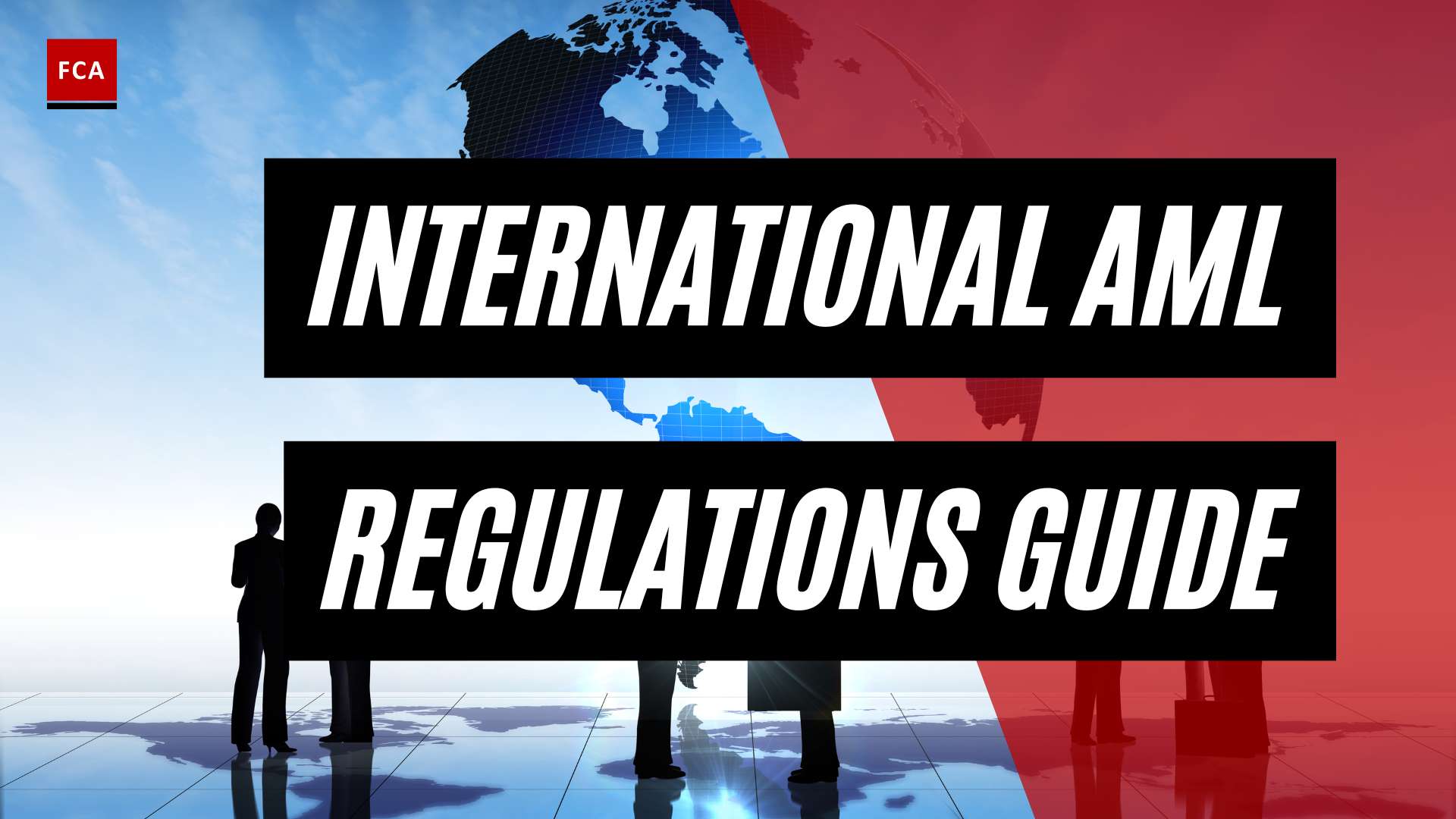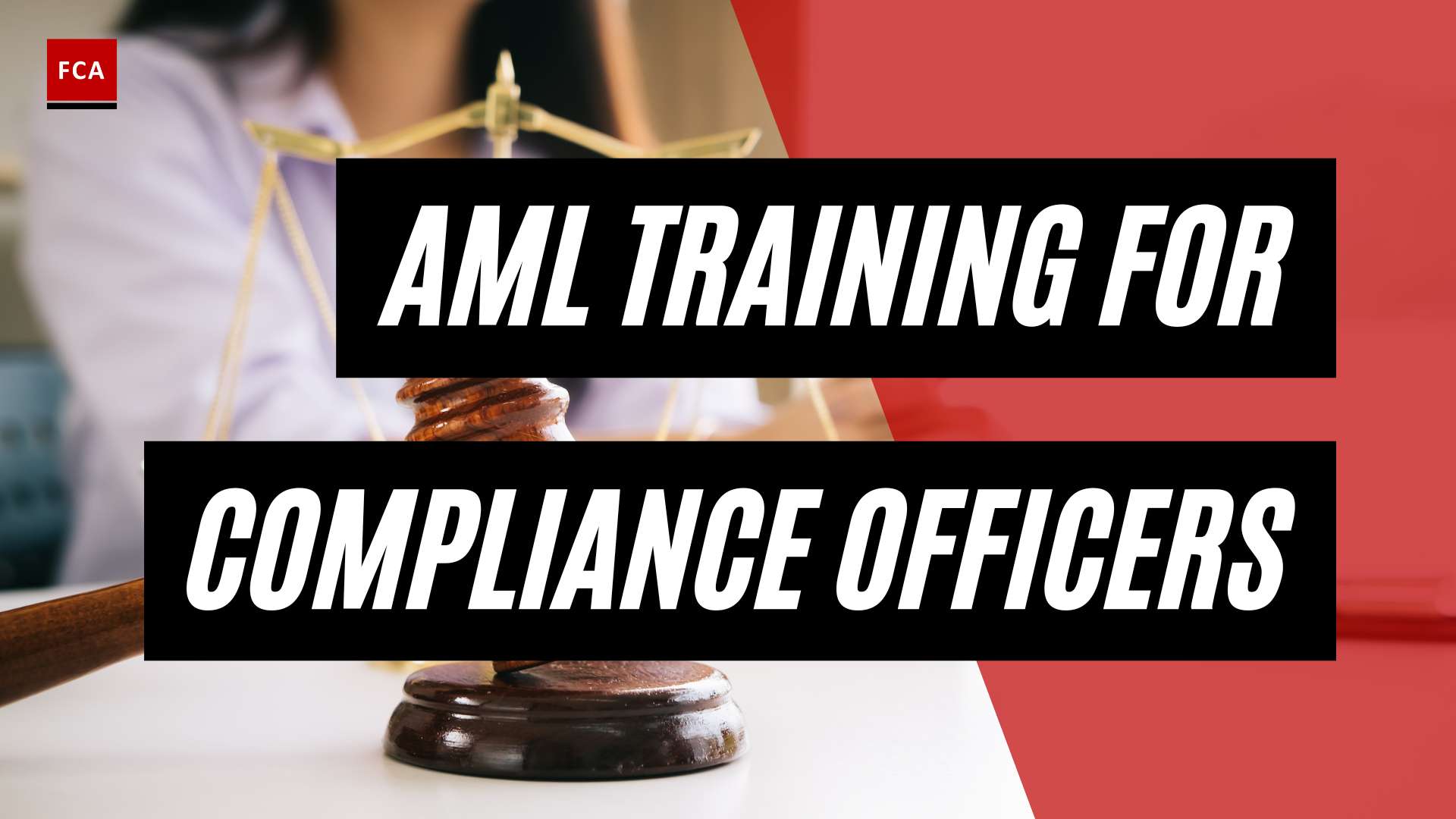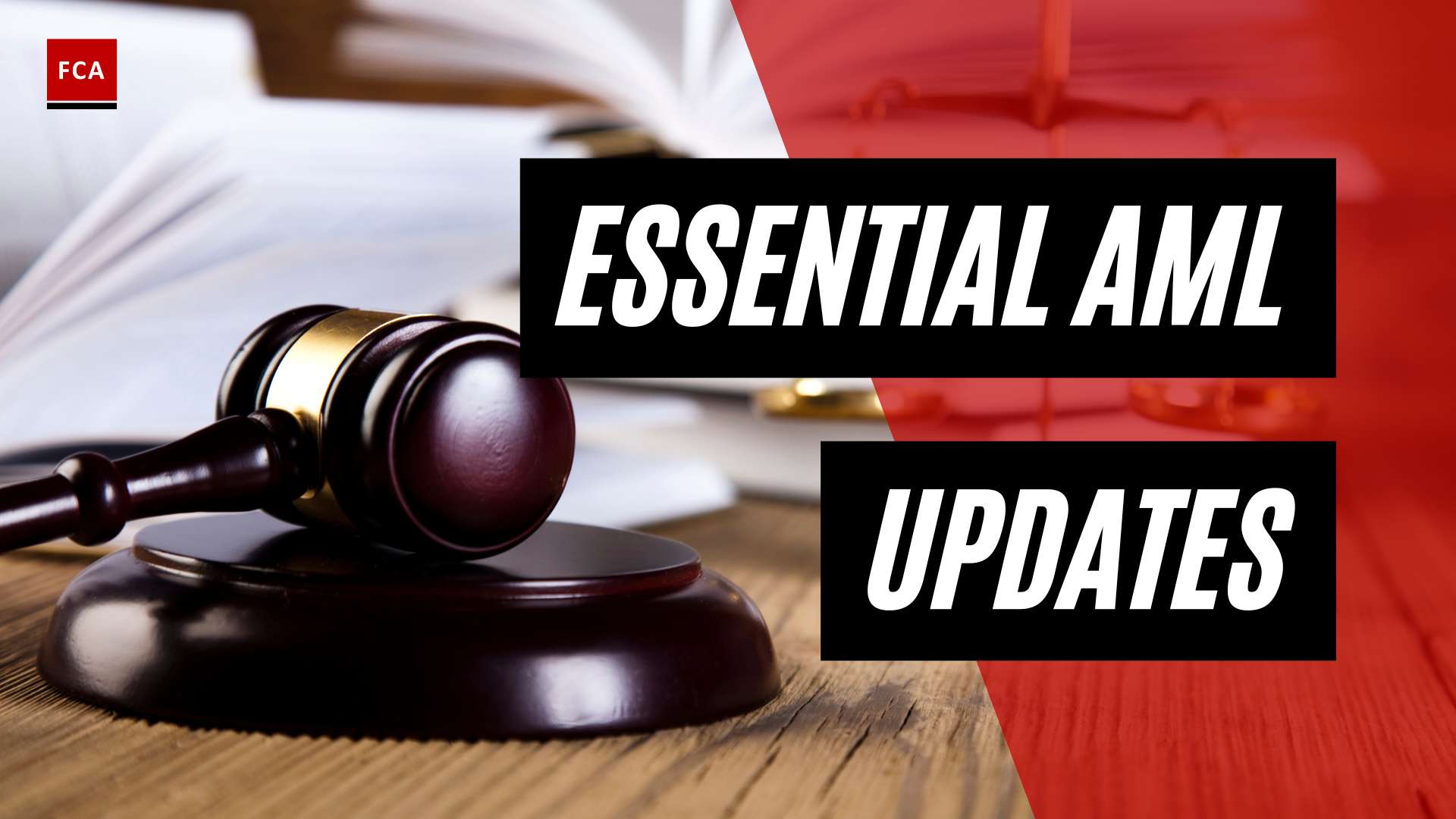Understanding OFAC Compliance
Compliance with the Office of Foreign Assets Control (OFAC) regulations is essential for businesses operating internationally. By understanding the purpose of OFAC and the importance of compliance, organizations can effectively navigate the complexities of global sanctions and protect themselves from potential penalties.
What is OFAC?
The Office of Foreign Assets Control (OFAC) is a division of the U.S. Department of the Treasury responsible for administering and enforcing economic sanctions against individuals, entities, and countries engaged in activities that pose a threat to national security or foreign policy interests. OFAC’s primary goal is to combat money laundering, terrorism financing, and other illicit activities by restricting certain transactions and freezing assets of sanctioned individuals and entities.
OFAC maintains a SDN (Specially Designated Nationals) list, which includes individuals and organizations subject to sanctions under various programs, such as those related to narcotics trafficking, terrorism, proliferation of weapons of mass destruction, and more (ProviderTrust). Screening against this list is a crucial component of OFAC compliance.
Importance of OFAC Compliance
Compliance with OFAC regulations is of paramount importance for businesses operating globally. Failing to comply with OFAC sanctions can have severe consequences, including civil and criminal penalties, reputational damage, and potential disruption of business operations. The penalties for non-compliance can range from fines of $59,000 to over $1 billion, depending on the severity of the violation and other factors (ProviderTrust).
Establishing clear OFAC compliance procedures is crucial for companies to mitigate the risks associated with potential violations and ensure ongoing adherence to regulatory requirements. A comprehensive compliance program includes factors such as employee training, regular screenings against the OFAC SDN list, enhanced due diligence, and maintaining accurate records of compliance efforts (ProviderTrust).
By prioritizing OFAC compliance, organizations demonstrate their commitment to ethical business practices, risk mitigation, and the prevention of financial crimes. It is essential for businesses to incorporate OFAC compliance into their overall risk management framework and stay informed about changes to the OFAC sanctions list and prohibited countries. This proactive approach helps ensure compliance with regulatory requirements and contributes to a safer and more secure global financial system.
OFAC Sanctions and Compliance
To ensure compliance with OFAC (Office of Foreign Assets Control) sanctions, it is essential to have a clear understanding of the regulations and the potential consequences of non-compliance. This section will provide an overview of OFAC’s SDN (Specially Designated Nationals) list, discuss the ramifications of non-compliance, and highlight the importance of establishing clear OFAC compliance procedures.
Overview of OFAC’s SDN List
The SDN list maintained by OFAC is a comprehensive database of individuals, organizations, and countries subject to economic sanctions due to their involvement in activities that threaten the national security or foreign policy of the United States. This list is dynamic and regularly updated to reflect changes in sanctions and designated entities. It is important to note that the SDN list includes not only individuals and entities but also prohibited countries. For more information on the OFAC SDN list, visit our article on OFAC sanctions list.
To stay compliant with sanctions regulations, organizations must conduct regular screenings of their clients, business partners, and transactions against the SDN list. Failure to do so can result in severe penalties and legal consequences.
Consequences of Non-Compliance with OFAC Sanctions
Non-compliance with OFAC sanctions can have significant financial and reputational consequences for organizations. The penalties for violations can range from substantial fines to criminal charges, depending on the severity of the violation and other factors. Fines can range from $59,000 to over $1 billion. It is crucial to understand that these penalties can apply to both intentional and unintentional violations. For more details on the potential penalties, refer to our article on OFAC prohibited countries.
Establishing Clear OFAC Compliance Procedures
To mitigate the risks associated with potential OFAC violations, organizations should establish clear and robust compliance procedures. This includes having an OFAC compliance program in place that outlines the necessary steps to ensure adherence to regulatory requirements.
Key components of an effective OFAC compliance program include:
-
Senior Management Commitment: Organizations should demonstrate a commitment to OFAC compliance from senior management, as their support and involvement are crucial for fostering a culture of compliance.
-
Risk Assessment and Internal Controls: Conducting a thorough OFAC risk assessment helps identify and assess potential risks. Based on the assessment, organizations can implement appropriate internal controls to manage and mitigate those risks effectively.
-
Routine Testing and Auditing: Regular testing and auditing of the OFAC compliance program are essential to identify any weaknesses or gaps in the system. This ensures that the program remains effective and up to date.
-
Training and Awareness: Employee training is paramount to ensure that individuals within the organization understand their roles and responsibilities in OFAC compliance. Regular training sessions and awareness programs should be conducted to keep employees informed about the latest developments and requirements.
-
Reviewing and Updating Risk Assessment: Given the evolving nature of sanctions and regulatory requirements, organizations must periodically review and update their risk assessments to adapt to changes in the business environment and regulatory landscape.
By adhering to these procedures and maintaining a comprehensive OFAC compliance checklist, organizations can minimize the risk of violations and demonstrate their commitment to compliance with OFAC sanctions.
Steps for OFAC Compliance
When it comes to complying with OFAC sanctions and regulations, organizations must follow a series of crucial steps to ensure adherence and mitigate the risk of violations. This section outlines three key steps for effective OFAC compliance: conducting regular screenings, enhanced due diligence, and maintaining accurate records.
Conducting Regular Screenings
To maintain OFAC compliance, it is essential for companies to conduct regular screenings of their customers, vendors, suppliers, and business partners against the OFAC’s SDN list. The SDN list consists of individuals, organizations, and countries subject to OFAC sanctions. Regular screenings help identify any matches between the list and the entities with which a company engages in business.
While OFAC does not explicitly mandate the frequency of screenings, it is generally recommended that companies perform screenings on a regular basis to stay up-to-date with sanctions regulations. ProviderTrust suggests an annual review of the SDN list, although more frequent monitoring is advisable due to its dynamic nature.
Enhanced Due Diligence for OFAC Compliance
In addition to regular screenings, companies should conduct enhanced due diligence (EDD) when screening against the OFAC SDN list. EDD involves cross-referencing the list with additional internal and external sources to ensure thorough compliance. By incorporating EDD into their compliance processes, organizations can identify potential risks and ensure comprehensive screening. This step is particularly important when dealing with high-risk individuals, entities, or transactions.
Enhanced due diligence should include gathering additional information about the screened entities, such as their ownership structure, affiliations, and business activities. By combining OFAC screening with EDD, companies can strengthen their compliance efforts and mitigate the risk of inadvertently engaging in prohibited transactions.
Maintaining Accurate Records
Maintaining accurate records is a critical aspect of OFAC compliance. Companies should keep detailed documentation of their OFAC compliance efforts, including records of screenings, investigations, and any necessary actions taken. These records serve as evidence of a company’s commitment to compliance and can be invaluable during audits or if any questions arise regarding the organization’s adherence to OFAC regulations.
By maintaining accurate records, companies can demonstrate their due diligence in complying with OFAC sanctions and provide a clear audit trail of their compliance efforts. It is essential to establish robust record-keeping practices to ensure the integrity and accuracy of the information captured. This includes documenting the specific details of screenings, any alerts or matches found, and the actions taken in response.
To facilitate the record-keeping process, companies may choose to utilize compliance software or systems that can help automate and streamline the documentation process. These tools can enhance efficiency and accuracy while ensuring compliance with record-keeping requirements.
By following these steps—conducting regular screenings, implementing enhanced due diligence, and maintaining accurate records—companies can strengthen their OFAC compliance efforts and reduce the risk of violating sanctions regulations. Adhering to these best practices is crucial for organizations operating internationally and helps mitigate potential legal and reputational risks associated with non-compliance.
OFAC Compliance Checklist
To ensure compliance with OFAC sanctions and regulations, organizations need to implement a comprehensive OFAC compliance checklist. This checklist serves as a guide to help businesses establish and maintain effective compliance procedures. The key components of an OFAC compliance checklist include verifying the OFAC status of clients and business partners, as well as monitoring updates to the OFAC sanctions list.
Key Components of an OFAC Compliance Checklist
An OFAC compliance checklist typically includes the following key components:
-
Internal Policies and Procedures: Organizations should establish clear policies and procedures outlining their commitment to OFAC compliance. This includes defining roles and responsibilities, establishing internal controls, and implementing risk assessment processes (OFAC Compliance Program).
-
Employee Training: Regular training sessions should be conducted to ensure that employees are aware of OFAC compliance requirements and understand their roles in maintaining compliance. Training should cover topics such as recognizing red flags, reporting suspicious activities, and understanding the consequences of non-compliance.
-
Customer and Business Partner Due Diligence: Organizations must verify the OFAC status of their customers, vendors, suppliers, and business partners to ensure they are not dealing with individuals or entities on the OFAC sanctions list. Enhanced due diligence should be conducted by cross-referencing the OFAC SDN list with additional internal and external sources to ensure thorough compliance (ProviderTrust).
-
OFAC Screening Process: Regular screenings should be conducted to identify any new matches or updates to the OFAC sanctions list. This involves comparing customer and business partner information against the list to detect any potential matches. Screening can be automated through software solutions that streamline the process and improve efficiency.
-
Monitoring Updates to the OFAC Sanctions List: The OFAC sanctions list is dynamic and subject to regular updates. Organizations must stay vigilant by monitoring these updates to ensure ongoing compliance. An annual review of the SDN list is mandated by OFAC, though more frequent monitoring is advisable to mitigate risks (ProviderTrust).
By adhering to these key components, organizations can establish a robust OFAC compliance program that helps mitigate the risks associated with potential violations and ensures ongoing adherence to regulatory requirements.
For more detailed information on OFAC compliance requirements, organizations should consult the OFAC website and seek guidance from legal and compliance professionals.
Remember, maintaining an effective OFAC compliance program is crucial for international businesses, as non-compliance can lead to severe civil and criminal penalties, as well as reputational damage (Financial Crime Academy). Organizations should regularly review and update their OFAC compliance checklist to stay current with regulatory changes and reduce the risk of penalties.
OFAC Compliance Program Framework
To ensure effective compliance with OFAC sanctions, organizations should establish a comprehensive OFAC compliance program. This program acts as a framework that outlines the necessary components and procedures for adhering to OFAC regulations and mitigating the risk of non-compliance.
Components of OFAC Compliance Program
The Office of Foreign Assets Control (OFAC) has published an updated compliance program framework that provides guidance to organizations subject to U.S. jurisdiction, including foreign affiliates, branches, and subsidiaries (U.S. Department of the Treasury). The key components of an OFAC compliance program include:
-
Senior Management Commitment: Ensuring senior management’s commitment to OFAC compliance is crucial. They should actively support and promote a culture of compliance throughout the organization. This commitment sets the tone for the rest of the organization and emphasizes the importance of compliance with OFAC regulations.
-
Risk Assessment and Internal Controls: Conducting a thorough risk assessment is essential to identify and evaluate potential areas of exposure to OFAC sanctions. Organizations should assess their products, services, customers, and business partners to determine the level of risk associated with their operations. Based on the risk assessment, appropriate internal controls should be implemented to mitigate identified risks and ensure compliance.
Senior Management Commitment
Senior management’s commitment to OFAC compliance is critical for the success of the program. They play a pivotal role in establishing a culture of compliance within the organization. By actively supporting and promoting compliance efforts, senior management demonstrates the importance of adhering to OFAC regulations to all employees. This commitment should be reflected in the organization’s policies, procedures, and overall business practices.
Risk Assessment and Internal Controls
A comprehensive risk assessment helps organizations identify and evaluate potential areas of exposure to OFAC sanctions. This involves assessing the risk associated with various aspects of the organization, including its customers, products, services, and geographic locations. By understanding these risks, organizations can develop appropriate internal controls to mitigate them.
Internal controls refer to the policies, procedures, and processes put in place to ensure compliance with OFAC regulations. These controls should be designed to prevent, detect, and address any potential violations. They may include measures such as regular screenings of customers and business partners against the OFAC sanctions list, implementing transaction monitoring systems, and establishing clear escalation procedures for potential OFAC violations.
Regular review and updating of the risk assessment are essential to adapt to changes in sanctions programs, evolving business activities, and other factors that may impact compliance with OFAC regulations.
By implementing a robust OFAC compliance program that includes senior management commitment, thorough risk assessment, and effective internal controls, organizations can demonstrate their commitment to compliance and mitigate the risk of penalties and reputational damage. It is crucial to review and update the program regularly to address changes in regulations and evolving business practices.
Ensuring OFAC Compliance
To ensure robust compliance with OFAC (Office of Foreign Assets Control) regulations, organizations must implement effective measures to mitigate the risk of engaging in prohibited activities. This section explores three crucial components of an effective OFAC compliance program: routine testing and auditing, training and awareness, and reviewing and updating risk assessment.
Routine Testing and Auditing
Regular testing and auditing are essential elements of an effective OFAC compliance program. These processes help ensure that internal controls are functioning properly and that any potential compliance gaps or issues are promptly identified and addressed. Routine testing involves conducting periodic reviews of transactions, customer records, and other relevant data to verify compliance with OFAC sanctions and identify any potential red flags.
By implementing a systematic testing and auditing process, organizations can proactively detect and rectify any deficiencies in their OFAC compliance procedures. This includes reviewing procedures for OFAC screening, verifying the accuracy of data used for screening, and assessing the effectiveness of internal controls in preventing prohibited transactions. Regular testing and auditing not only help organizations maintain compliance but also demonstrate their commitment to regulatory obligations.
Training and Awareness
Training and awareness programs play a crucial role in promoting a culture of compliance within an organization. Employees should receive comprehensive training on OFAC regulations, the OFAC sanctions list, and the implications of non-compliance. This training should be tailored to the specific roles and responsibilities of employees to ensure they understand their obligations and the potential risks associated with non-compliance.
Employees involved in high-risk areas, such as international wire transfers and trade finance, should receive specialized training to address the unique challenges and requirements of these activities. Regular training sessions should be conducted to keep employees informed about updates to OFAC sanctions programs and enhance their understanding of compliance best practices. By fostering a culture of compliance through training and awareness, organizations can minimize the risk of inadvertent violations and ensure that employees are vigilant in their compliance efforts.
Reviewing and Updating Risk Assessment
The OFAC risk assessment is a critical component of an effective compliance program. Organizations should regularly review and update their risk assessment to account for changes in sanctions programs, evolving business activities, and other factors that may impact sanctions compliance. Conducting periodic reviews allows organizations to identify emerging risks, reassess existing risk levels, and adjust their compliance measures accordingly.
By regularly reviewing and updating the risk assessment, organizations can align their compliance efforts with the current regulatory landscape and mitigate potential risks. This process involves considering factors such as customer profiles, geographic exposure, and commercial relationships to identify areas of higher risk. It is important to document the findings and actions taken during the review process to demonstrate a commitment to compliance and facilitate future audits.
By consistently implementing routine testing and auditing, providing comprehensive training and awareness programs, and regularly reviewing and updating the risk assessment, organizations can maintain a strong OFAC compliance program. These measures help ensure compliance with OFAC regulations, minimize the risk of violations, and demonstrate a commitment to ethical business practices.
Consequences of Violating OFAC Regulations
When it comes to compliance with OFAC (Office of Foreign Assets Control) regulations, the consequences of non-compliance can be severe. Violating OFAC regulations may lead to civil and criminal penalties, highlighting the importance of robust compliance measures and the need for an effective OFAC compliance program.
Civil and Criminal Penalties
Violations of OFAC regulations can result in substantial fines, as civil and criminal penalties can exceed several million dollars. Civil penalties vary by sanctions program, and the Federal Civil Penalties Inflation Adjustment Act of 1990, as amended by the Federal Civil Penalty Inflation Adjustment Act Improvements Act of 2015, requires OFAC to adjust civil monetary penalty amounts annually. It is important for organizations to understand the potential financial impact and legal ramifications of non-compliance with OFAC sanctions (OFAC Treasury).
Importance of Compliance for International Businesses
Ensuring compliance with OFAC regulations is crucial for businesses operating internationally. Failure to adhere to OFAC compliance measures can result in severe consequences, including hefty fines, negative publicity, shareholder lawsuits, and damage to an organization’s reputation. Non-compliance with OFAC sanctions can also lead to restrictions on conducting business with certain countries or entities, hindering international trade and relationships. Therefore, it is essential for businesses to prioritize OFAC compliance to mitigate risks and maintain a strong global presence (Financial Crime Academy).
Setting Up an Effective Compliance Program
To avoid the potential consequences of violating OFAC regulations, organizations should establish an effective OFAC compliance program. This program should include clear procedures, policies, and controls to ensure compliance with OFAC requirements. Key components of an effective compliance program include:
-
Senior Management Commitment: Strong commitment from senior management is crucial for driving a culture of compliance throughout the organization. This commitment sets the tone for compliance and emphasizes its importance.
-
Risk Assessment and Internal Controls: Conducting a thorough risk assessment helps organizations identify and understand their specific risks related to OFAC sanctions. Based on the assessment, appropriate internal controls should be implemented to mitigate those risks.
-
Routine Testing and Auditing: Regular testing and auditing of the OFAC compliance program ensure its effectiveness and identify any weaknesses or areas for improvement. This helps organizations stay proactive in their compliance efforts.
-
Training and Awareness: Comprehensive training programs should be provided to employees to ensure they understand OFAC regulations, their responsibilities, and the consequences of non-compliance. Creating a culture of awareness helps in preventing violations.
-
Reviewing and Updating Risk Assessment: The risk assessment should be periodically reviewed and updated to reflect changes in the organization, industry, and regulatory landscape. This allows organizations to adapt their compliance program to evolving risks.
By implementing an effective compliance program and adhering to OFAC requirements, organizations can minimize the risk of penalties, reputational damage, and legal consequences associated with violating OFAC regulations. It is essential to stay informed about updates to the OFAC sanctions list and continuously monitor for changes that may affect business relationships and transactions (ProviderTrust).









